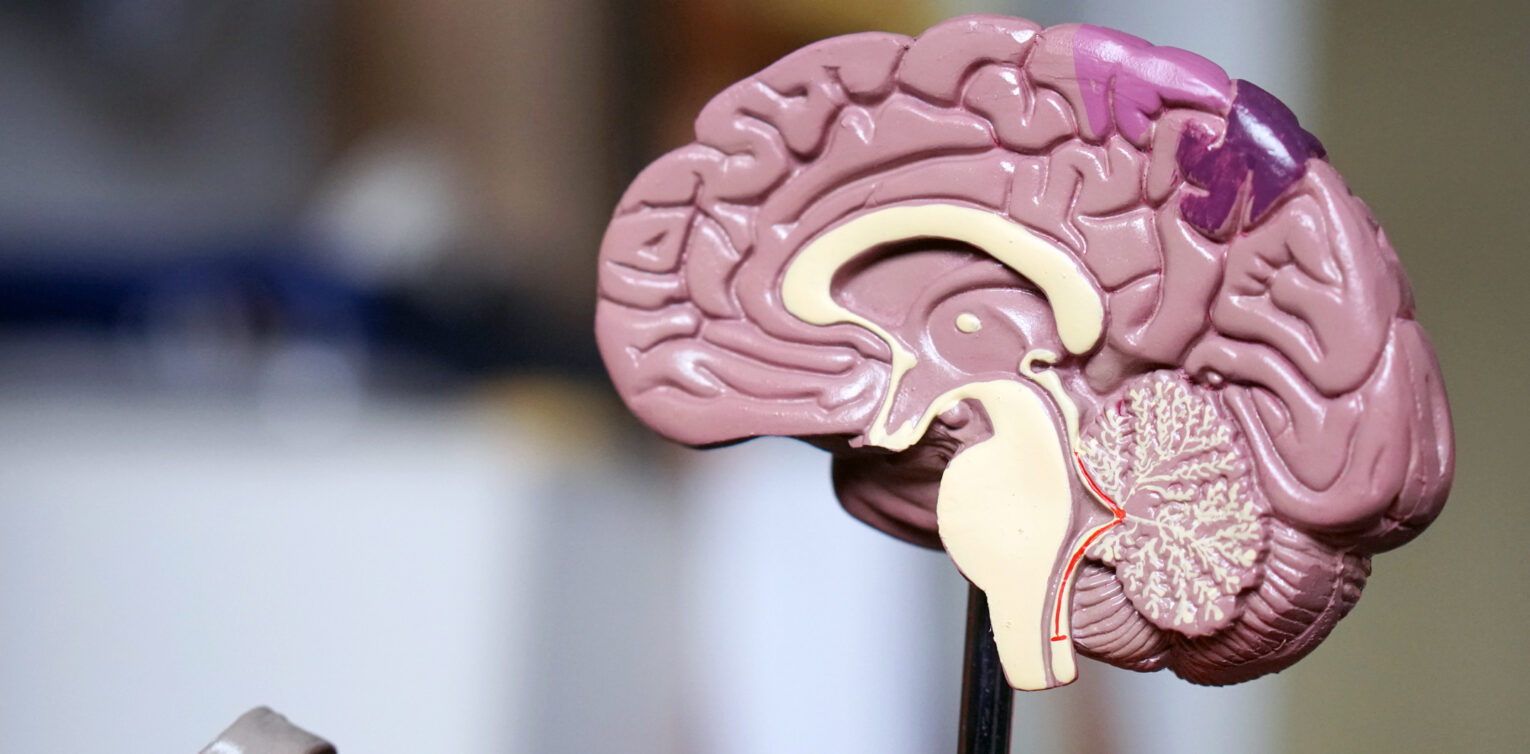In a recent study led by researchers from McGill University, evidence has been found suggesting that individuals who have experienced childhood trauma tend to have altered brain responses when it comes to processing psychological challenges and emotional material. These findings shed light on why adults who have been through childhood adversity often exhibit intense emotional responses to stress, and may have difficulty coping with threatening situations. The study indicates a potential link between childhood trauma and a higher risk of developing psychiatric disorders later in life.
The researchers analyzed data from 83 previous brain imaging studies to draw their conclusions. They found that adults who had a history of childhood trauma displayed exaggerated responses in the amygdala, a region responsible for processing emotionally intense information. Additionally, they showed reduced responses in the frontal cortex, a region crucial for emotional regulation and behavior control. These altered brain responses could explain why individuals who faced childhood trauma tend to have difficulties coping with stress and are more susceptible to mental health problems.
Dr. Niki Hosseini-Kamkar, the first author of the study, emphasized the importance of protecting children from trauma and providing early help if traumatic experiences do occur. By intervening early, the development of long-lasting effects may be mitigated. The findings from this study are particularly relevant in light of the current events taking place in various parts of the world, where war and conflict are traumatizing a new generation of children.
While these findings shed light on the potential link between childhood trauma and altered brain function, many questions still remain unanswered. The researchers highlight the need for further investigation into effective interventions for children exposed to trauma, the ideal timing for such interventions, and the factors that may exacerbate or mitigate the development of mental health problems.
The results of this study provide an important contribution to our understanding of the impact of childhood trauma on brain function and mental health outcomes. By recognizing the role of early-life adversity, we can work towards developing effective interventions and strategies to support individuals who have experienced childhood trauma.
*Note:
- Source: Coherent Market Insights, Public sources, Desk research
- We have leveraged AI tools to mine information and compile it

